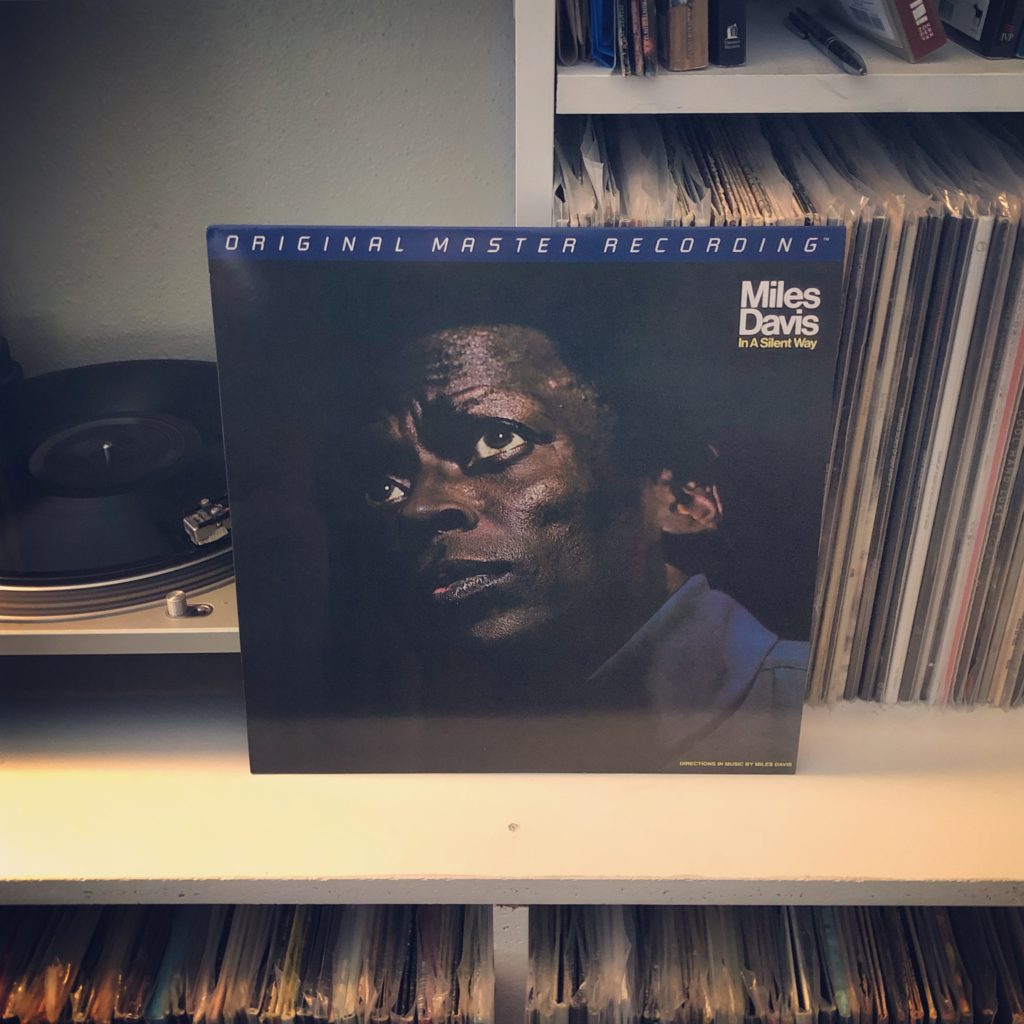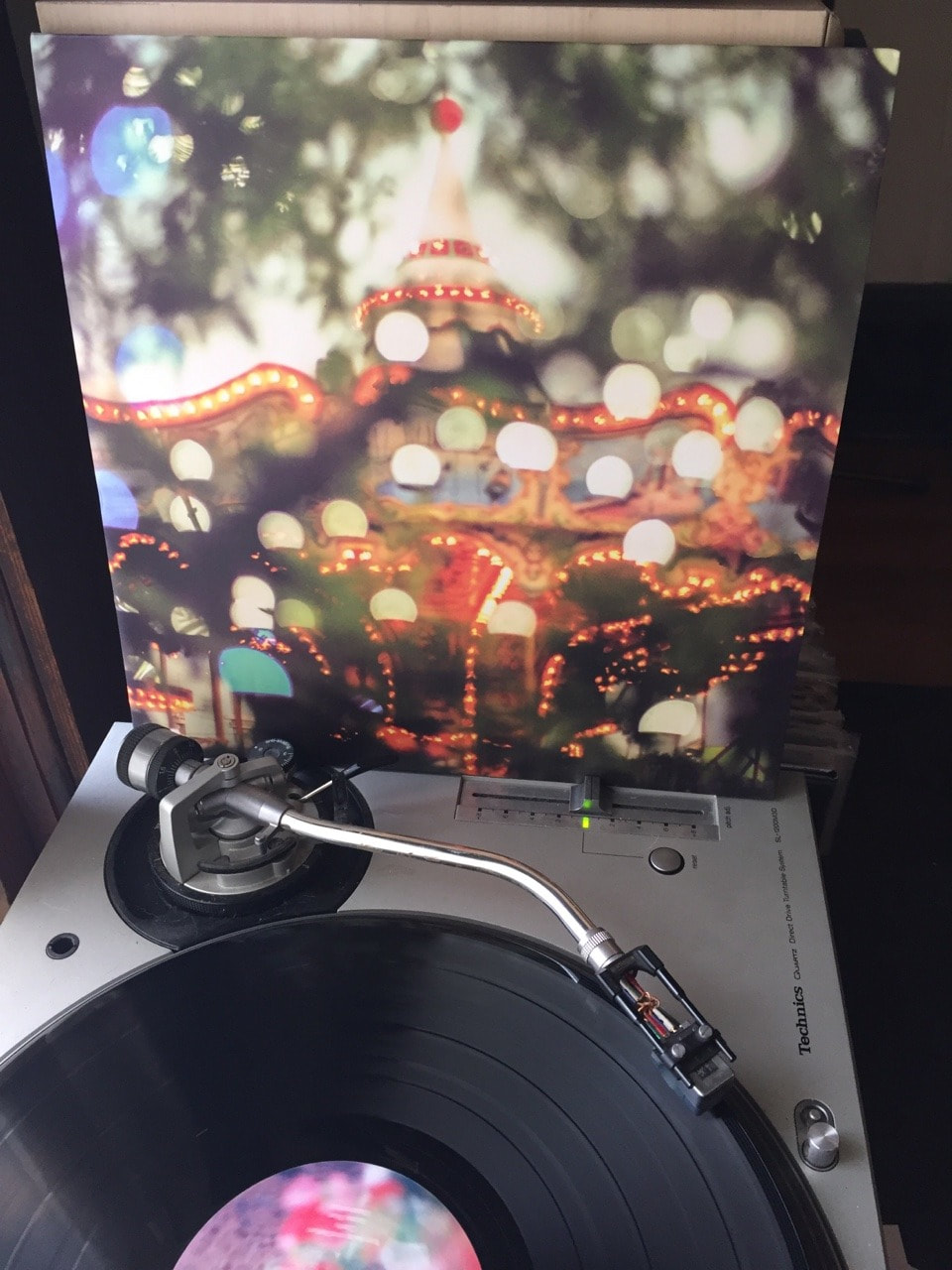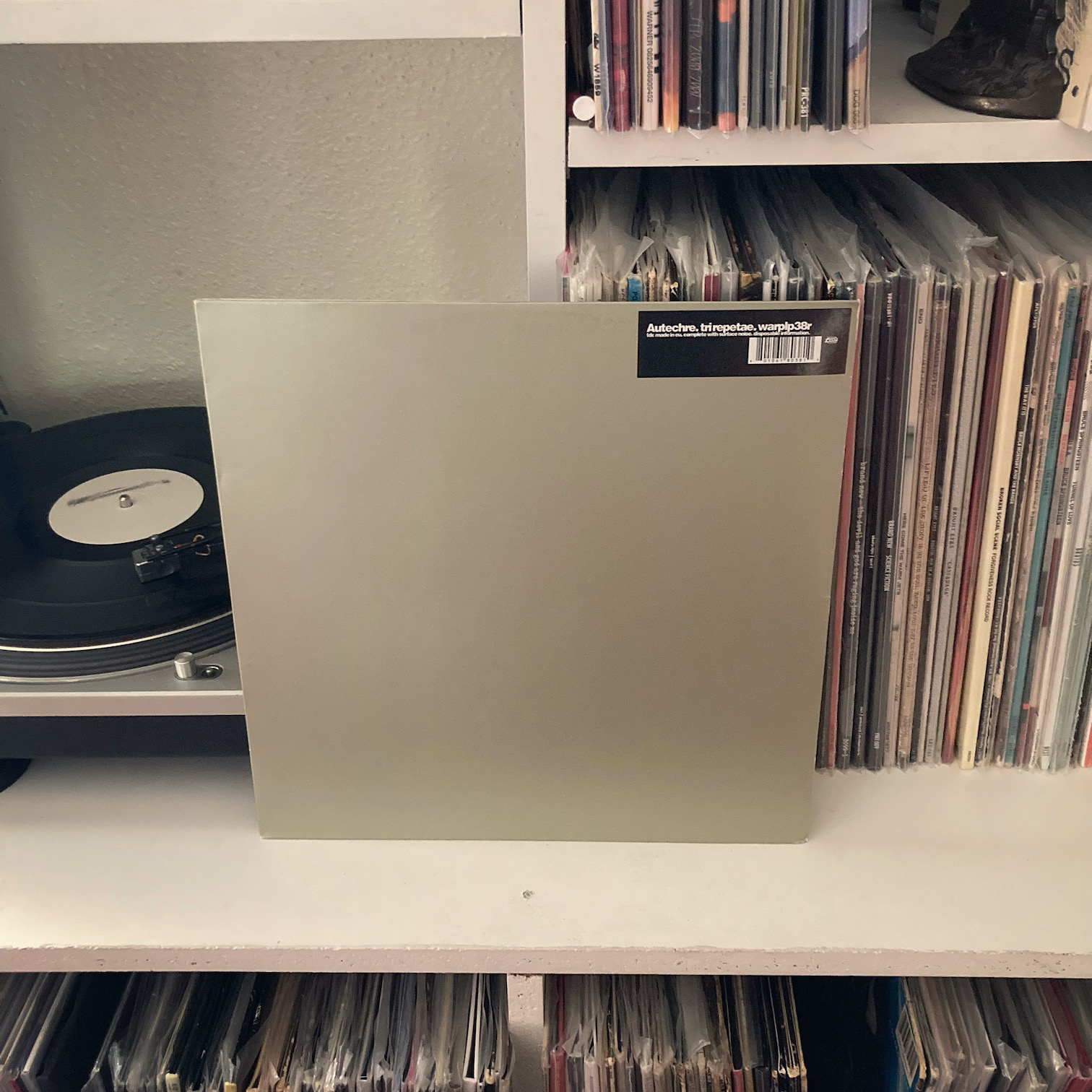 Last week, while recording an episode on experimental music for my new podcast (oh yeah, I have a podcast now), I remarked that part of what makes Radiohead great is that they take the harsh weirdness of far more inaccessible bands and mold it into pop structures. “Radiohead would be the first ones to tell you, ‘just listen to Autechre,'” I said, and then I realized two things.
Last week, while recording an episode on experimental music for my new podcast (oh yeah, I have a podcast now), I remarked that part of what makes Radiohead great is that they take the harsh weirdness of far more inaccessible bands and mold it into pop structures. “Radiohead would be the first ones to tell you, ‘just listen to Autechre,'” I said, and then I realized two things.
One: I didn’t know how to pronounce Autechre.
Two: I had never listened to them.
I promptly sought to correct that, and within half an hour of listening to their pioneering opus Tri Repetae, I ordered a copy. And now, I’m not sure which is harder to believe: that this record came out in 1995, or that humans had anything to do with its creation.
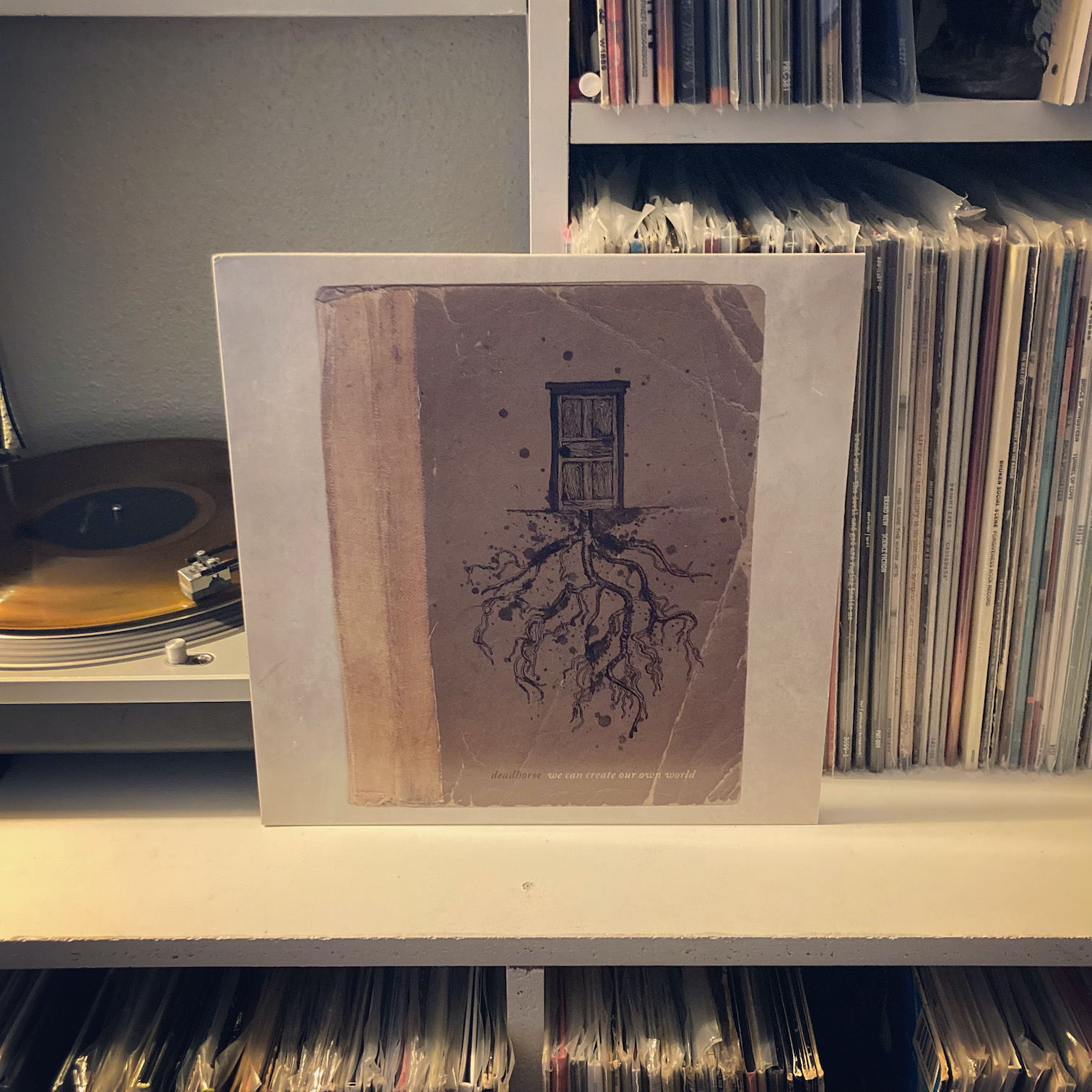 In the liner notes for We Can Create Our Own World, Deadhorse offers an inspiring, yet grave missive: we can create a new world, we can create new selves—but. We can only do that reconstruction after we have torn down the existing structures.
In the liner notes for We Can Create Our Own World, Deadhorse offers an inspiring, yet grave missive: we can create a new world, we can create new selves—but. We can only do that reconstruction after we have torn down the existing structures.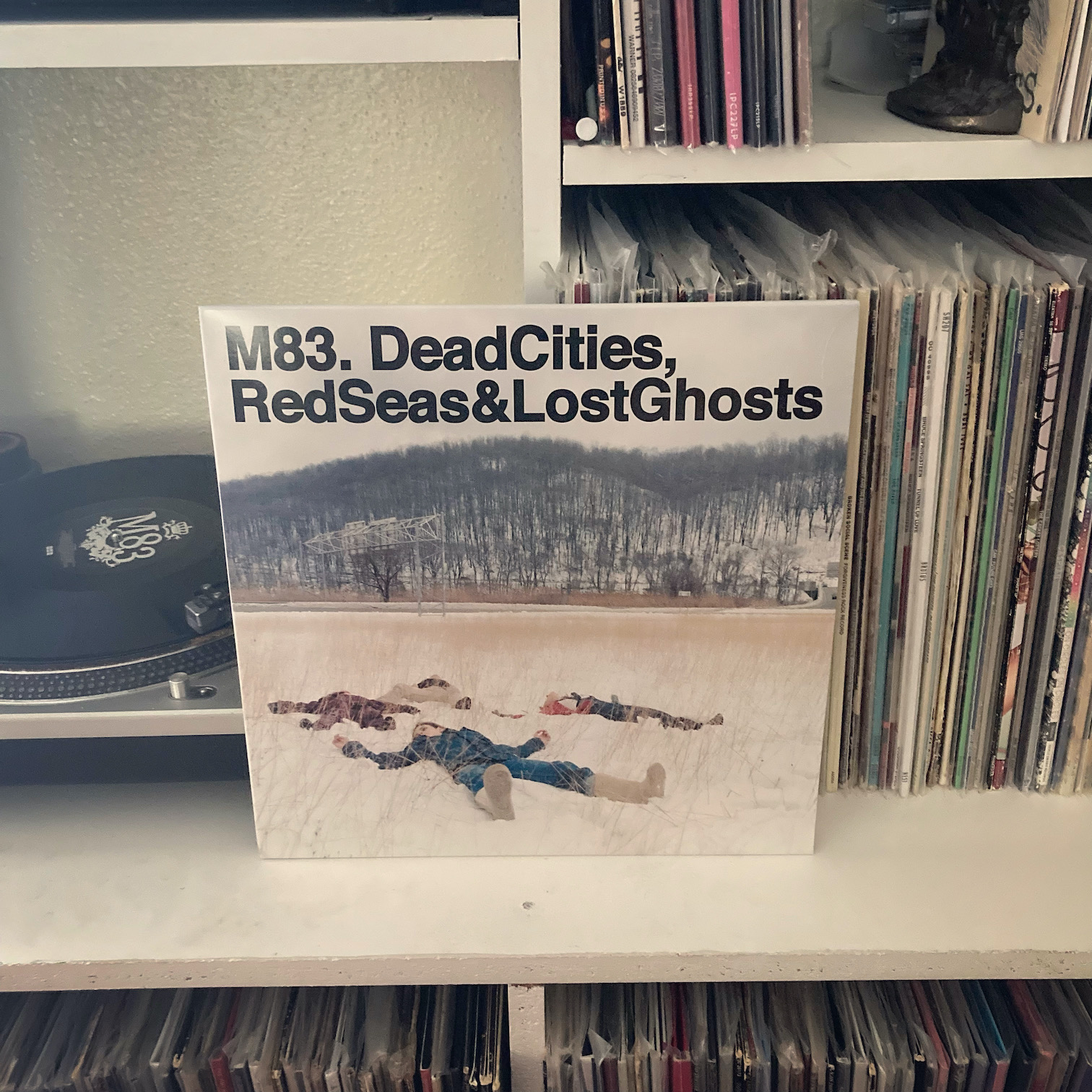 Before the double-album pop masterpiece that was Hurry Up, We’re Dreaming brought them widespread acclaim, M83 was an obscure, mostly instrumental act that blurred the line between shoegaze, post rock, and electronica.
Before the double-album pop masterpiece that was Hurry Up, We’re Dreaming brought them widespread acclaim, M83 was an obscure, mostly instrumental act that blurred the line between shoegaze, post rock, and electronica.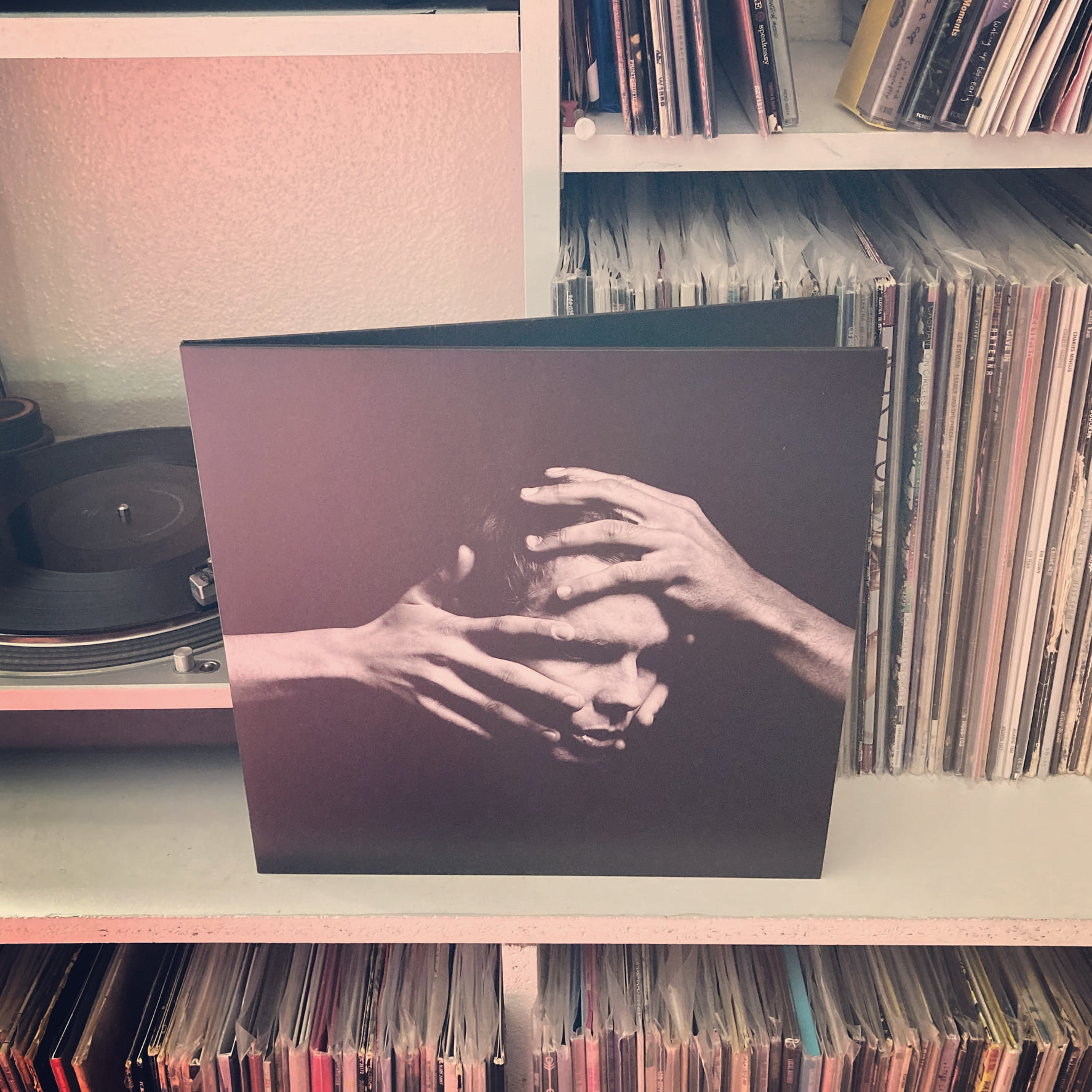 For the last twenty-three years, Sigur Rós frontman Jón Þór Birgisson, better known as simply Jónsi, has traversed the deepest nearly every span of the human experience, from the glacial joy of Agaetis Byrjun to the isolated chill of Valtari to the dense grief of Kveikur to the bounding, pastoral joy of Með suð í eyrum við spilum endalaust. And that’s all without mentioning Sigur Rós’ more abstract works or the work of Jónsi & Alex, his ambient collaboration with his partner.
For the last twenty-three years, Sigur Rós frontman Jón Þór Birgisson, better known as simply Jónsi, has traversed the deepest nearly every span of the human experience, from the glacial joy of Agaetis Byrjun to the isolated chill of Valtari to the dense grief of Kveikur to the bounding, pastoral joy of Með suð í eyrum við spilum endalaust. And that’s all without mentioning Sigur Rós’ more abstract works or the work of Jónsi & Alex, his ambient collaboration with his partner.